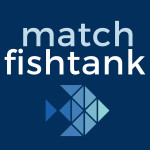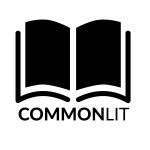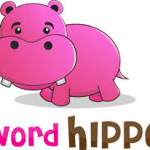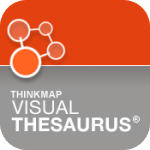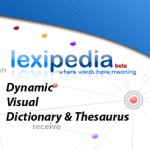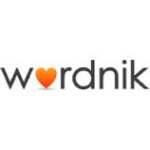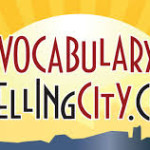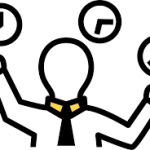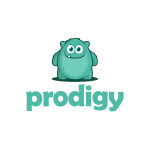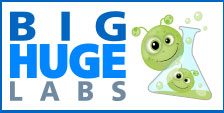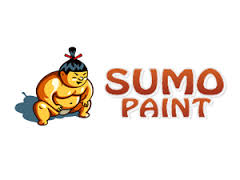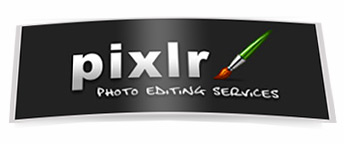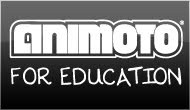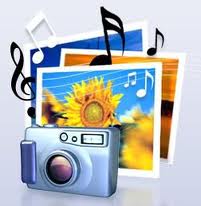Images & Creative Commons
Have you ever found an image on the Internet and clicked to save a copy of that image for your own use? Most of us have done it at some point in time. But images like content are intellectual property and there are rights and fair use protocols that dictate how we can fairly use images and transform them into our own pieces of work.
 Creative Commons helps you share your knowledge and creativity with the world. It also helps you find and identify knowledge and creativity of others that are allowed for sharing.
Creative Commons helps you share your knowledge and creativity with the world. It also helps you find and identify knowledge and creativity of others that are allowed for sharing.
Creative Commons develops, supports, and stewards legal and technical infrastructure that maximizes digital creativity, sharing, and innovation.
- Want to let people share and use your photographs, but not allow companies to sell them?
- Looking for access to course materials from the world’s top universities?
- Want to encourage readers to re-publish your blog posts, as long as they give you credit?
- Looking for songs that you can use and remix, royalty-free?
If you answered yes to any of the questions above, then you should learn more about Creative Commons.
What is Creative Commons?
Creative Commons is a nonprofit organization that enables the sharing and use of creativity and knowledge through free legal tools.
Our free, easy-to-use copyright licenses provide a simple, standardized way to give the public permission to share and use your creative work — on conditions of your choice. CC licenses let you easily change your copyright terms from the default of “all rights reserved” to “some rights reserved.”
Creative Commons licenses are not an alternative to copyright. They work alongside copyright and enable you to modify your copyright terms to best suit your needs.
What can Creative Commons do for me?
If you want to give people the right to share, use, and even build upon a work you’ve created, you should consider publishing it under a Creative Commons license. CC gives you flexibility (for example, you can choose to allow only non-commercial uses) and protects the people who use your work, so they don’t have to worry about copyright infringement, as long as they abide by the conditions you have specified.
If you’re looking for content that you can freely and legally use, there is a giant pool of CC-licensed creativity available to you. There are hundreds of millions of works — from songs and videos to scientific and academic material — available to the public for free and legal use under the terms of our copyright licenses, with more being contributed every day.
If you would like to see what kinds of companies and organizations are using Creative Commons licenses, visit our Who Uses CC? page.
If you would like to learn more about the different CC licenses, visit our licenses page.
For those creators wishing to opt out of copyright altogether, and to maximize the interoperability of data, Creative Commons also provides tools that allow work to be placed as squarely as possible in the public domain.
Public Domain
CC enables scientists, educators, artists and other creators and owners of copyright- or database-protected content to waive those interests in their works and thereby place them as completely as possible in the public domain, so that others may freely build upon, enhance and reuse the works for any purposes without restriction under copyright or database law.
In contrast to CC’s licenses that allow copyright holders to choose from a range of permissions while retaining their copyright, CC empowers yet another choice altogether – the choice to opt out of copyright and database protection, and the exclusive rights automatically granted to creators – the “no rights reserved” alternative to our licenses.
Read more about Creative Common’s by visiting their website at www.creativecommons.org.
More public domain works:
“The Metropolitan Museum of Art offers that “more than 400,000 high-resolution digital images of public domain works in the Museum’s world-renowned collection may be downloaded directly from the Museum’s website for non-commercial use.” Even better, the images can be used at no charge (and without getting permission from the museum). In making this announcement, the Met joined other world-class museums in putting put large troves of digital art online. Witness the 87,000 images from the Getty in L.A., the 125,000 Dutch masterpieces from the Rijksmuseum, the 35,000 artistic images from the National Gallery, and the 57,000 works of art on Google Art Project. when you have some free time on your hands, you should also check out another open initiative from the Met. In 2012, the museum put 396 free art catalogs online. You can learn about them here.” (Resource: http://www.openculture.com/2014/05/the-met-puts-400000-high-res-images-online.html)

